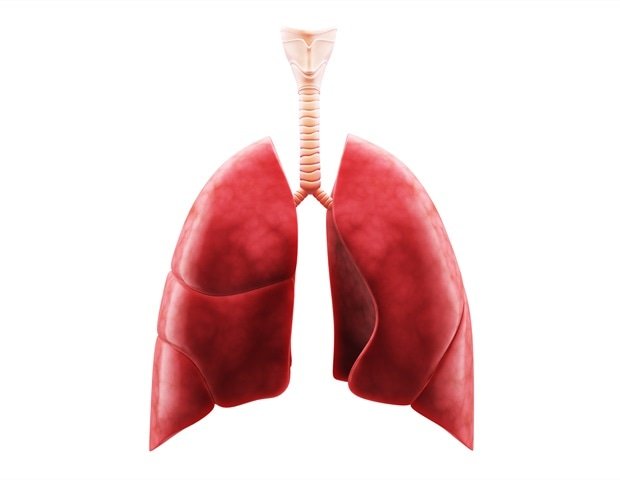Every time we breathe, we potentially inhale thousands of harmful microorganisms into our lungs. Mucus, the moist, gel-like substance that coats our airways, is one of our first lines of defense and helps remove these microorganisms. Mucus protects the lungs by trapping bacteria, viruses, dust, and pollen, and is pushed upwards out of the airways by the beating of tiny hair-like projections called cilia.
But what happens when the body produces too much mucus, and it becomes too thick, viscous, and loses moisture, and cannot be properly moved and removed? Over time, excessively thick and sticky mucus can block airways, overwhelm mucus clearance mechanisms, and become a breeding ground for trapped microorganisms. These pathophysiological processes contribute to the development of mucosal obstructive diseases such as cystic fibrosis (CF).
A research team from the University of Alabama at Birmingham, led by Jarrod W. Burns, PhD, associate professor at the University of Alabama College of Medicine, and Steven M. Rowe, MD, professor in the Department of Respiratory, Allergy and Critical Care Medicine at the University of Alabama College of Medicine, investigated the abnormalities in mucus formation. They show in the journal Scientific Reports how a single sugar modification in mucus affects mucus swelling and transport.
Mucus is a hydrogel composed primarily of water and solids, including large sugar-covered protein molecules called mucins, the main components of mucus. This study focused on the addition and removal of negatively charged sugar modifications (sialic acid) at the terminus of MUC5B, one of the major mucin proteins found in the airways. The high anion density of MUC5B aids in the polymerization and packaging of mucus, but a negatively charged “low” charge form of mucin has been reported in CF and asthma. The UAB researchers found that simply lowering sialic acid levels on MUC5B was enough to generate this low-charge, potentially pathological form.
When the researchers reduced sialic acid in MUC5B, they observed a change in the electrophoretic mobility of the protein, indicating that it was in a lower charged state. Transmission electron microscopy images showed that reduced sialic acid contributed to the entanglement (more compactness) of MUC5B polymers, compared to normal levels of sialic acid in mucins, which promote linearization and extension.
Reduction of negative charge affected mucus structure, particularly by inhibiting α-2,3 sialylation, and affected mucus transport in human bronchial epithelial cells and in a rat tracheal model of intact airways. Thus, the authors report, “Muscle charge may have pathological significance in mucus obstructive diseases through increased mucus condensation and impaired transport.”
The study also found that cystic fibrosis patients had reduced expression of an enzyme called ST3Gal1, which adds α-2,3 sialic acid to mucin proteins, but treatment with the cystic fibrosis transmembrane conductance regulator protein correctors elexacaftar, tezacaftar, and ivacaftar partially restored ST3Gal1 expression.
By demonstrating the critical role of mucin sialylation in mucus properties and transport, this study identifies a potential therapeutic strategy for the treatment of cystic fibrosis and other debilitating mucus-obstructive diseases, including chronic obstructive pulmonary disease (COPD), primary ciliary dysfunction, and non-cystic fibrosis bronchiectasis.
In addition to Low and Barnes, other authors of the study, “Reduced sialylation of airway mucins alters mucin biophysical properties to inhibit mucus transport,” published in Scientific Reports, are Elex S. Harris, Hannah J. McIntyre, Marina Mazur and Stephanie Crick of the UAB Gregory Fleming James Cystic Fibrosis Research Center, and Hinak Schultz-Hildebrandt, Hui-Ming Leung and Guillermo J. Tierney of Massachusetts General Hospital and Harvard Medical School in Boston, Massachusetts.
This research was supported by National Institutes of Health grants HL164005-02, HL135816-01, HL152246, and DK072482 and a grant from the CF Foundation.
At UAB, medicine is a department within the Marnix E. Heersink College of Medicine.
sauce:
University of Alabama at Birmingham
Journal References:
Harris, ES, et al. (2024). Decreased sialylation of airway mucins alters mucin biophysical properties and inhibits mucus transport. Scientific Reports. doi.org/10.1038/s41598-024-66510-2.

